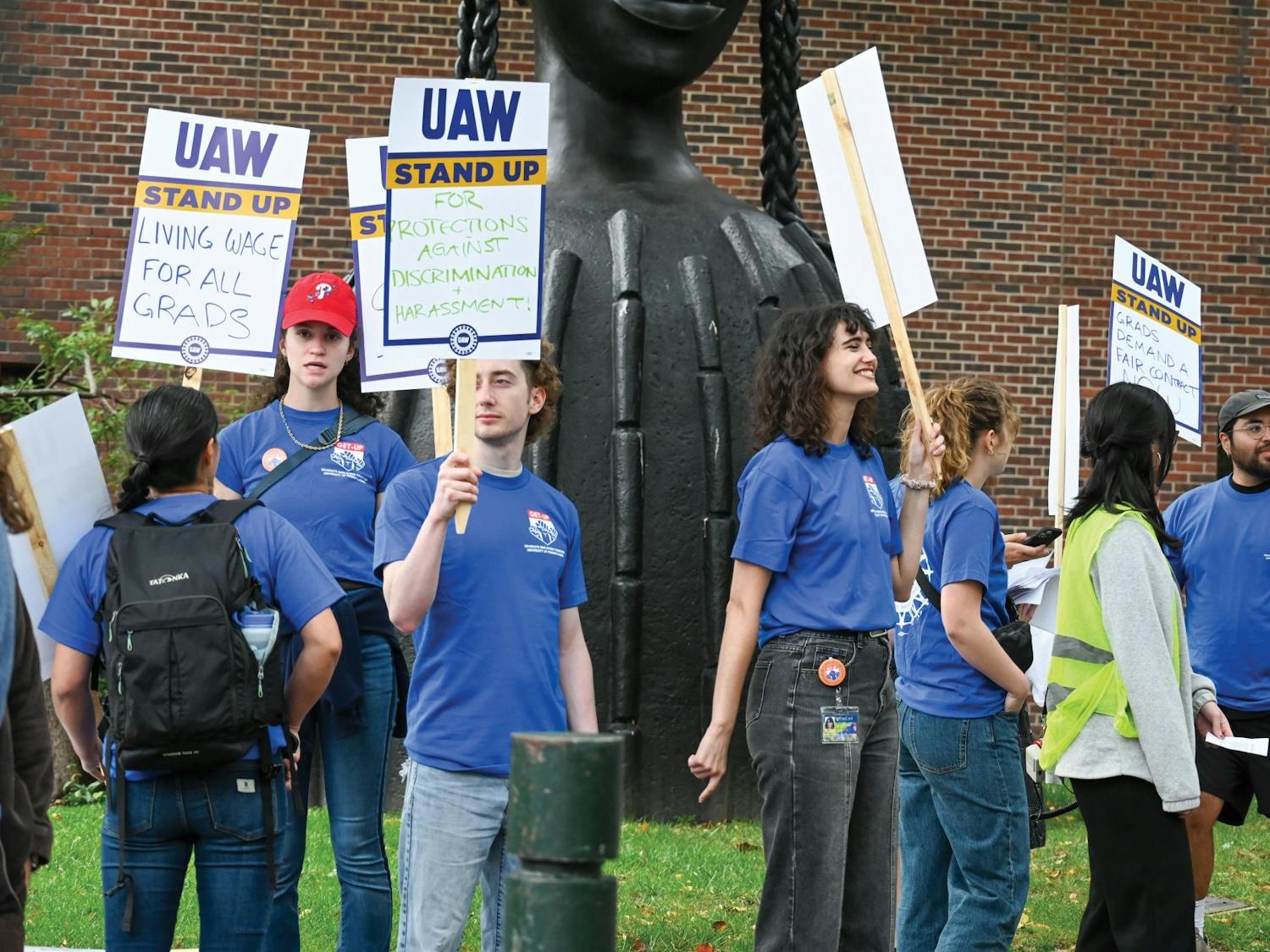You’ve got the resume, but did you win the recruiter over at that coffee chat? Several psychological studies recently unveiled ways to make yourself seem likable.
Ask about their lives, and talk about your own
According to experiments by Harvard neuroscientists Jason Mitchell and Diana Tamir, talking about oneself activates the same regions of the brain that are activated by food and sex. This shows that talking about oneself has intrinsic value to people, just as food and sex do.
Related: Professors give advice for student success
The researchers used monetary compensation to measure the value candidates attributed to talking about themselves. They could either earn money by talking about themselves, or earn more money answering fact-based questions. The candidates renounced 17 to 25 percent of the potential earnings, preferring to “self-disclose,” or discuss personal information.
“If you want someone to like you, let them self-disclose to you, and self-disclose back,” Tamir, who is a doctoral student in Psychology at Harvard, said after giving a talk sponsored by the psychology Department at Solomon Laboratories yesterday.
However, she advised audience members to show curiosity about their conversation partners but not to ask about “their deepest darkest secrets on your first encounter.”
Senior Associate Director of Career Services Barbara Hewitt had similar advice. She encouraged students to be “authentically interested in what the other person has to say and … appreciative of their time and any wisdom they [can] offer, as well as being willing to reciprocate if you [can] help them out with anything.”
Make superfluous apologies
Another way of earning the sympathy of others is by apologizing without having committed a transgression.
“An apology is a social lubricant to bond with other people,” said Hengchen Dai, a Wharton doctoral student who conducted a study about the effects of superfluous apologies. Dai led the study with 2013 Wharton alumnus and Harvard professor Alison Brooks.
They tested their hypothesis by having an actor ask people at a train station on a rainy day to use their cell phones, an object they say has intimate value. Before asking, the actor would either apologize for the bad weather, or simply introduce himself. When he apologized for an external factor beyond his control, 47 percent of the people lent him their phones. Only 9 percent of people who did not receive a superfluous apology lent their phones.
Related: Are you introverted or neurotic?
An apology shows a capacity for empathy. “Trustworthiness is a trait we are constantly looking for in interpersonal relations,” Dai said.








